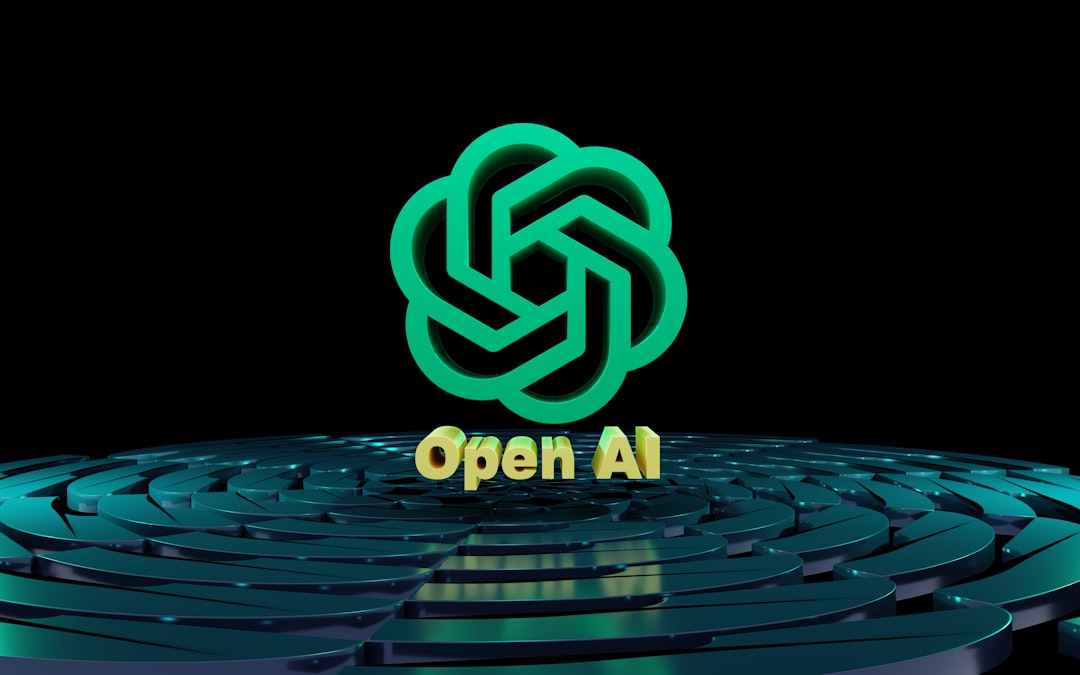All Nonfiction
- Bullying
- Books
- Academic
- Author Interviews
- Celebrity interviews
- College Articles
- College Essays
- Educator of the Year
- Heroes
- Interviews
- Memoir
- Personal Experience
- Sports
- Travel & Culture
All Opinions
- Bullying
- Current Events / Politics
- Discrimination
- Drugs / Alcohol / Smoking
- Entertainment / Celebrities
- Environment
- Love / Relationships
- Movies / Music / TV
- Pop Culture / Trends
- School / College
- Social Issues / Civics
- Spirituality / Religion
- Sports / Hobbies
All Hot Topics
- Bullying
- Community Service
- Environment
- Health
- Letters to the Editor
- Pride & Prejudice
- What Matters
- Back
Summer Guide
- Program Links
- Program Reviews
- Back
College Guide
- College Links
- College Reviews
- College Essays
- College Articles
- Back
Chat GPT and its Applications in Customer Service
When we buy a product or service, we expect a human to receive the order and process it. This is true for most services like IT and is the baseline for live-chat services in which you talk directly to a service member in a company. However, companies are expanding the use of chatbots and have started to delve into the possibilities of incorporating a new and improved AI service. Namely, Chat GPT.
Chat GPT is a large language model developed by OpenAI, a company founded by Elon Musk and Y Combinator’s former president Sam Altman in 2015. What makes Chat GPT much more appealing than other chatbots is that it can engage in a dialog-format conversation with the person using it. Chat GPT is also extremely interactive and easy to communicate with while also giving detailed and context-specific responses to chat messages. So why have companies decided to use Chat GPT for customer service? A variety of reasons exist.
One of the primary roles of Chat GPT in customer service is to provide quick and efficient responses to customer queries. Chatbots are available 24/7, which means that customers can receive support at any time of the day or night. Chat GPT can handle a large volume of customer queries simultaneously, which reduces waiting times and improves customer satisfaction. Chat GPT can also provide personalized support to customers by analyzing their previous interactions with the brand. It can use this data to provide tailored responses that are specific to the customer's needs. This level of personalization helps to build a stronger relationship between the brand and the customer, which leads to increased customer loyalty. Additionally, businesses can use ChatGPT to respond to common questions, handle customer inquiries, and outline some basic content, and overall, save time, manpower, and money.
While customers may have a growing interest in AI-powered customer service platforms, many still prefer engaging with a human agent for their inquiries. There is also the fact that ChatGPT has been operating on a dataset that hasn’t been updated since September 2021, raising questions about its reliability. While ChatGPT may present answers convincingly, the risk of providing inaccurate or outdated information is a problem for its application in customer service roles that require accurate and up-to-date information.
The increasing influence of ChatGPT in the AI space is a testament to its innovation. As more businesses adopt AI technology to improve customer experience, there is considerable potential for ChatGPT to be integrated with existing conversational AI to facilitate customer service communications. Recognizing the successes and failures of Chat GPT in its current state as customer service helps us to develop AI that may address these issues in the future.
Similar Articles
JOIN THE DISCUSSION
This article has 0 comments.

I decided to write an article about this topic when I first read an article about Chat GPT in customer service at school. This interested me, so I decided to look into it further,